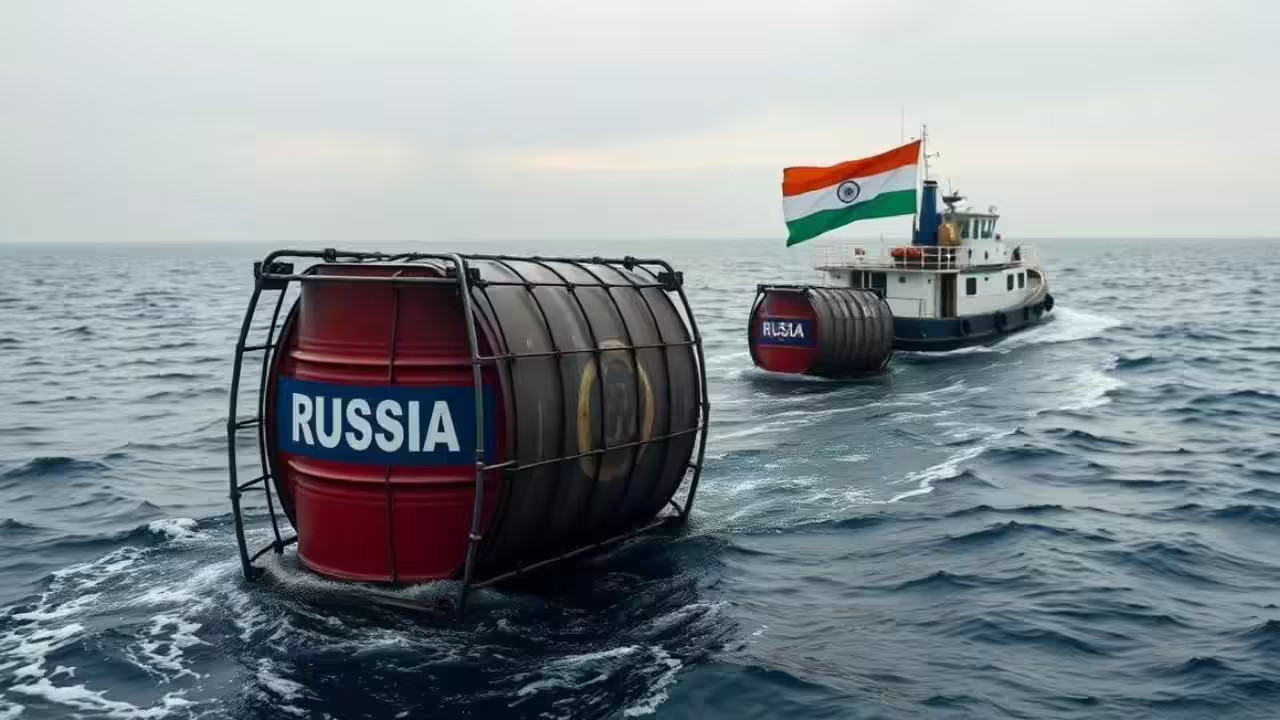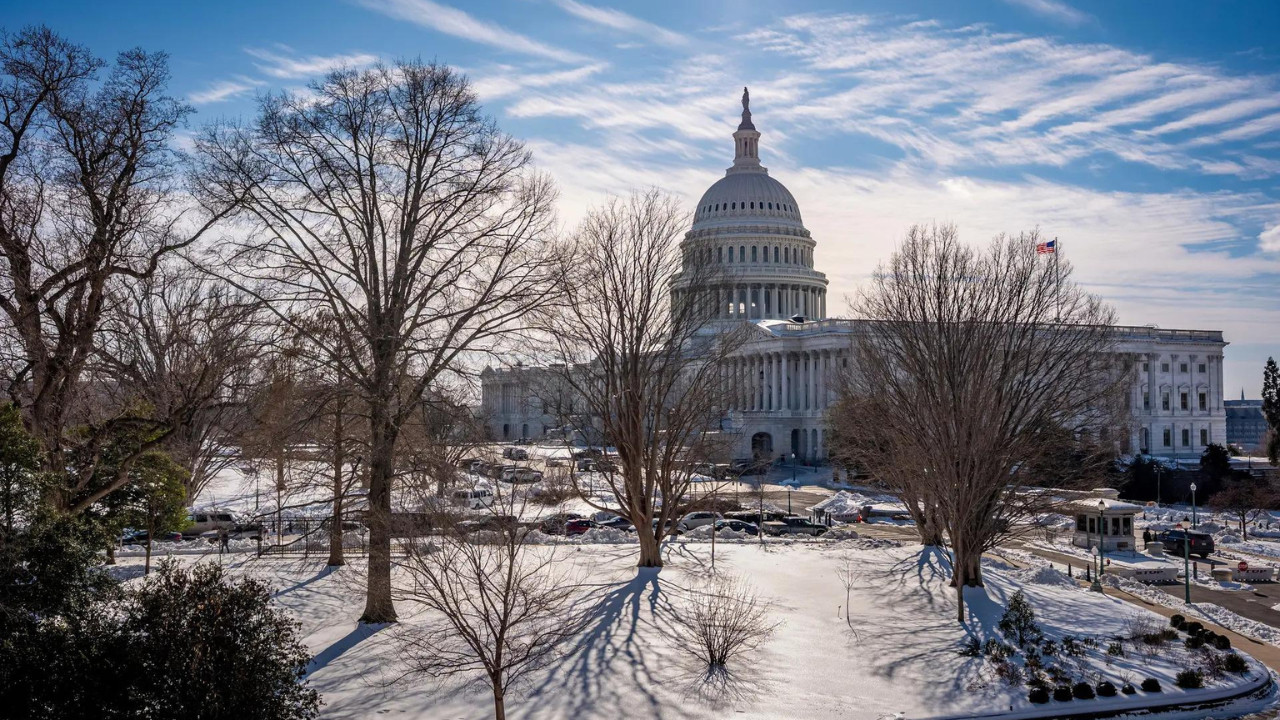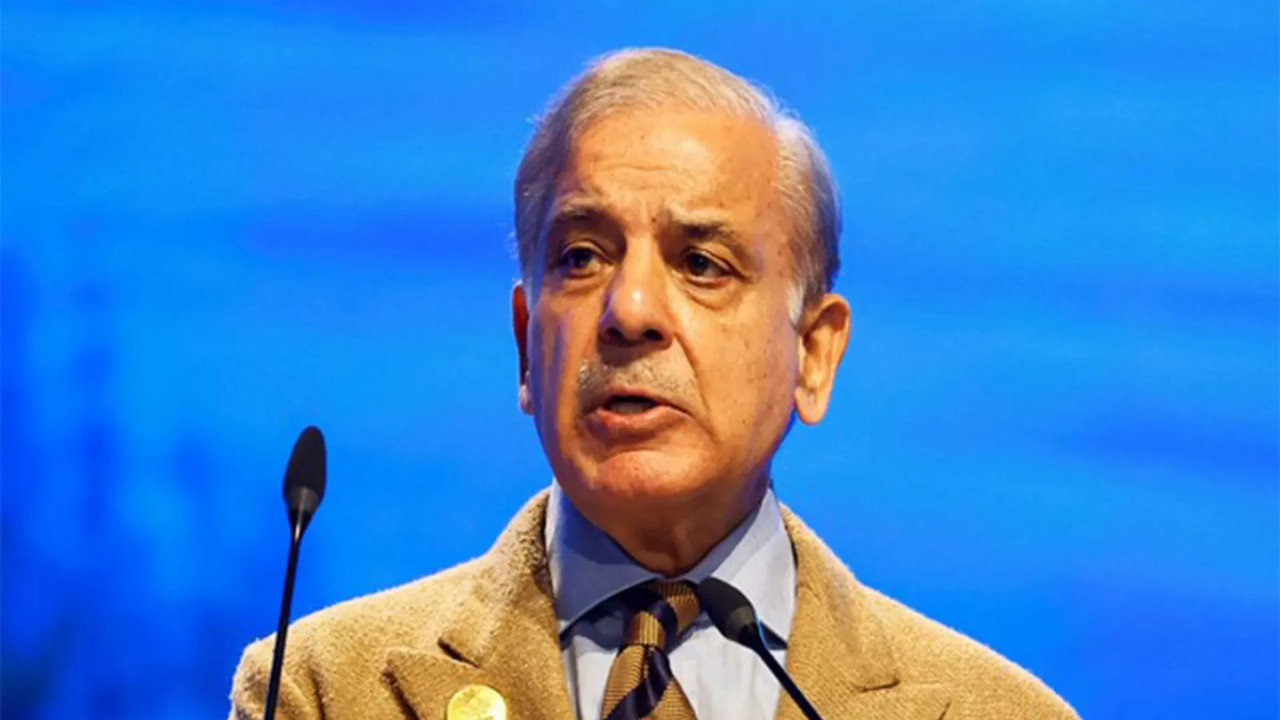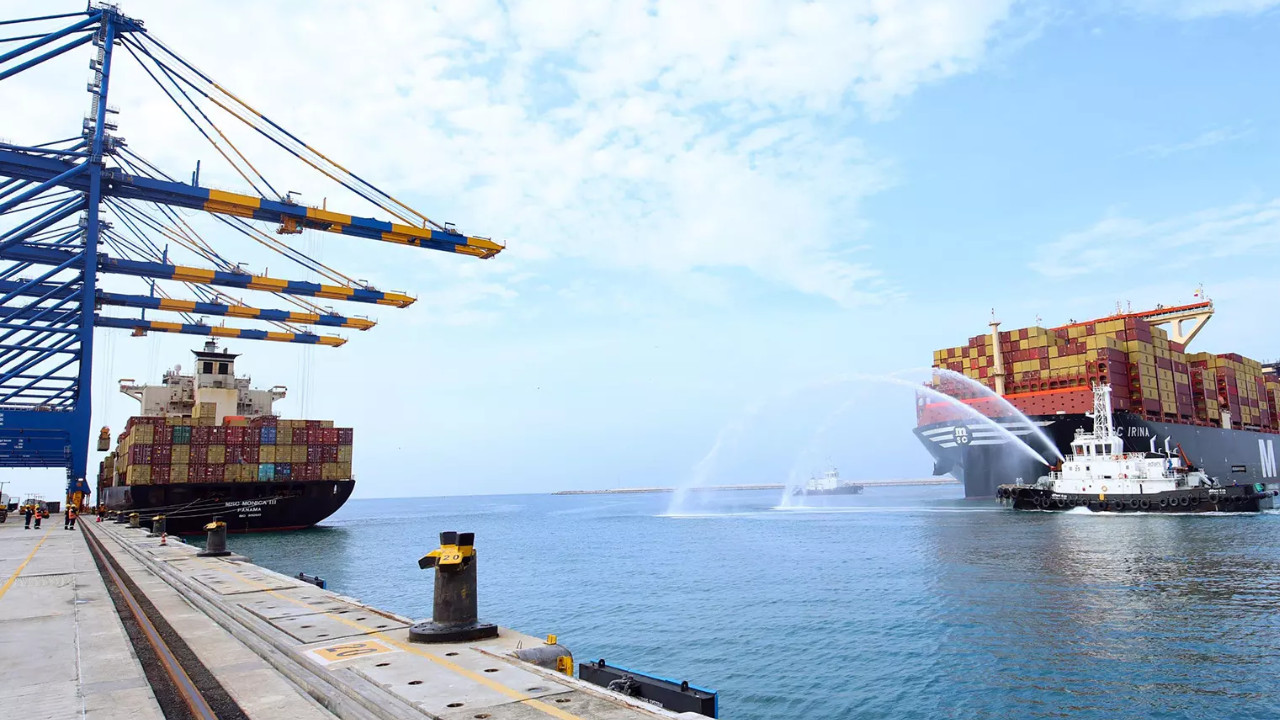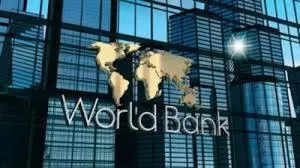US Ambassador Matthew Whitaker claimed Russia’s Ukraine operations are funded by oil sales to India, China, and Brazil, urging sanctions. India faces new tariffs amid accusations of benefiting from discounted Russian oil, which MEA has called unjustified. Despite tensions, Trump anticipates talks with Modi, signaling continued US-India dialogue on trade.
The Tightrope Walk: India’s Balancing Act Between Global Powers
The world stage feels like a particularly tense drama these days, doesn’t it? Amidst the ongoing conflict in Ukraine, the spotlight has swung towards India and China, with some serious accusations being leveled regarding their economic ties with Russia. Julianne Smith, the U.S. envoy to NATO, recently voiced concerns that these nations are, in effect, bankrolling Russia’s war efforts through continued trade. The suggestion? Perhaps further sanctions are warranted.
It’s a complicated situation, and one that requires a nuanced understanding of India’s position in the global landscape. India, unlike many Western nations, hasn’t explicitly condemned Russia’s actions in Ukraine. Instead, it has consistently called for a peaceful resolution through diplomacy and dialogue. This stance, coupled with its continued trade relations with Russia, has drawn criticism from some corners of the international community.
India’s Energy Needs and the Russian Connection
One of the key drivers of this economic relationship is India’s reliance on Russian energy. In a world grappling with volatile energy prices, Russia offers India a comparatively stable and affordable source of oil and gas. This is crucial for a rapidly developing nation like India, where energy demands are constantly on the rise. Diversifying energy sources is a long-term goal, but in the immediate term, cutting off access to Russian resources would pose significant challenges to the Indian economy.
It’s important to remember India’s perspective here. A vast portion of its population lives in poverty, and access to affordable energy is a cornerstone of its development strategy. The Indian government argues that ensuring its citizens’ well-being is paramount, and that severing economic ties with Russia would disproportionately impact the most vulnerable.
Navigating a Complex Geopolitical Landscape
However, the argument isn’t solely economic. India has historically maintained close ties with Russia, dating back to the Cold War era. Russia has been a reliable supplier of military equipment, and this strategic partnership remains important to India’s defense capabilities. Abandoning this relationship entirely would not only impact its economy, but also potentially compromise its national security.
Furthermore, India is a strong advocate for a multipolar world order. It believes that no single nation or bloc should dominate global affairs, and that all countries should have the right to pursue their own foreign policy interests. This philosophy underpins its reluctance to blindly follow the lead of Western powers in condemning Russia. India wants to be a major player on the world stage, making its own decisions based on its own strategic calculations. This is all part of how India approaches geopolitical challenges.
The Spectre of Sanctions: A Double-Edged Sword?
The possibility of additional sanctions looms large. While proponents argue that sanctions are necessary to pressure Russia and limit its ability to fund the war, critics point to the potential for unintended consequences. Sanctions could disrupt global supply chains, further exacerbate energy price volatility, and ultimately hurt developing economies like India.
Moreover, sanctions could potentially push Russia even closer to China, creating a powerful economic bloc that could challenge the existing world order. This is a scenario that many Western nations are keen to avoid. The effectiveness of sanctions as a tool for achieving specific foreign policy goals is often debated, and the case of India and Russia is no exception.
India walks a tightrope. It must balance its energy needs, its strategic partnerships, and its commitment to a multipolar world with the growing pressure from Western powers to isolate Russia. Navigating these competing interests is a formidable challenge, and the path forward remains uncertain.
The stakes are high, not just for India, but for the entire global community. The outcome of this geopolitical balancing act will have profound implications for the future of international relations and the shape of the world order. It remains a complex situation that requires careful consideration and a willingness to understand the perspectives of all parties involved. This delicate dance is further complicated by other global challenges like climate change and pandemics, requiring collaborative action and open communication on all fronts, like how India contributes to global environmental efforts through its sustainable practices.
The coming months will undoubtedly be crucial in determining the future of India’s relationship with Russia and the West. Will India be able to maintain its independent foreign policy, or will it be forced to choose sides? Only time will tell.
